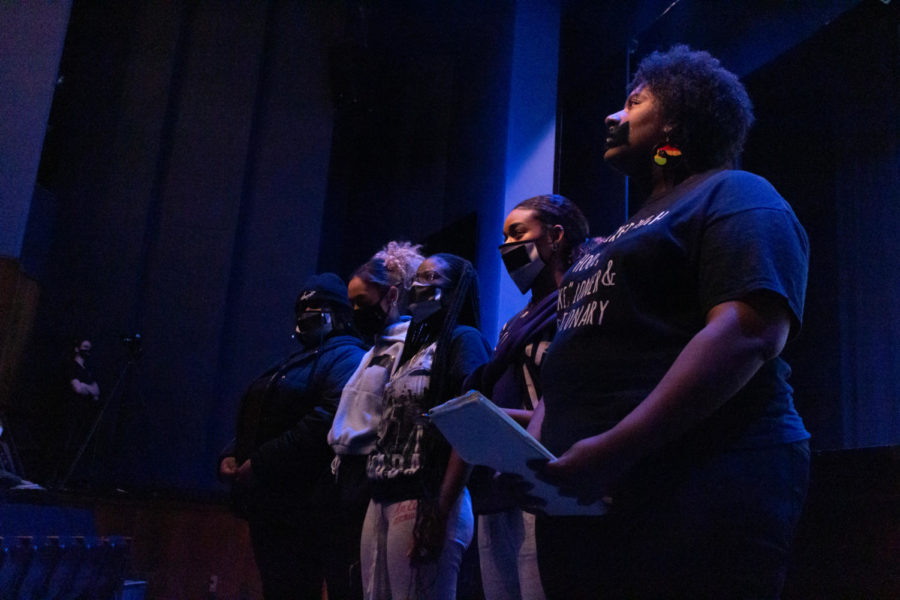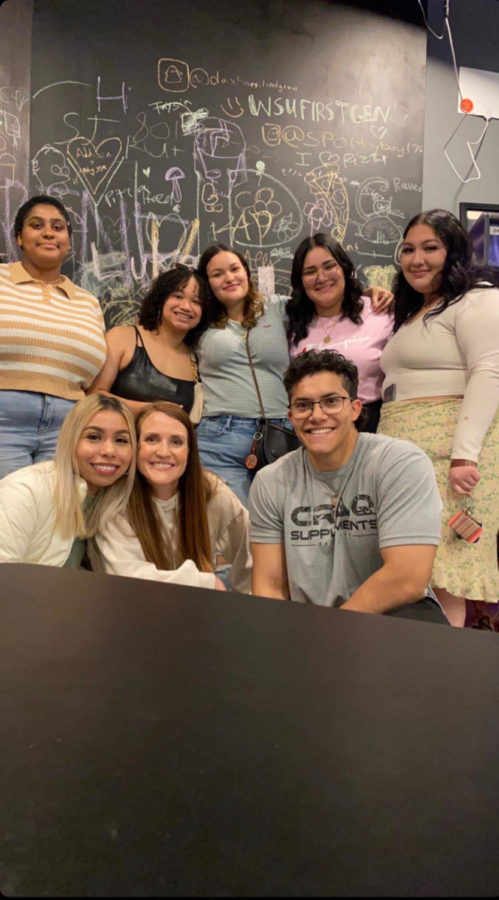
College students have a lot of responsibilities on their plates. But what happens when the most important thing that should be on a student’s plate isn’t there at all?
Hunger on college campuses is a trend that has been going up in the past several years. With the cost of tuition and rent continuing to increase, many students are forced to make the choice between paying for their education and paying for food.
There were among more than 400,000 people defined in Utah as “food insecure” in 2013, according to www.feedingamerica.org. “Food insecure” means “lack of access, at times, to enough food for an active, healthy life for all household members and limited or uncertain availability of nutritionally adequate foods.”
Feeding America counts 200 food banks and over 60,000 food pantries throughout the country trying to combat the problem.
Among them is the Weber Cares Food Pantry on the fourth floor of the Shepherd Union. It has been in operation since 2011 and helps hungry students by allowing them to fill bags, or use vouchers to secure food when paying for food isn’t an option.
Despite the services that are offered by the food pantry, many students at WSU are unaware of the pantry’s presence on campus.
That lack of awareness is not helped by the stigmas that surround food banks and the people who find themselves needing to use the services that the pantry provides.
“I think maybe people’s thoughts on food banks is like, “Oh I’m poor, I can’t afford food,” or maybe they’ll think that other people will think that same thing of them,” said Tate Daniels, a junior at Weber State. “I think it’s definitely a good thing on campus and that it is probably under-utilized.”
That under-utilization and a lack of publicity is a sentiment that is shared not only by students, but also by those who are in charge of running the Weber Cares Food Pantry.
“The cool thing is it’s been getting better. I feel like a lot more students know about it who didn’t know about it before,” said Brent Nelson, Weber Cares Chair last semester. “But there are also many students who I’ve talked to who are seniors and they have never heard about it before.”
Some of the ways the pantry is getting more exposure on campus and in the community is through in-class presentations, emails to professors and posts on social media. But with such a large number of students who go hungry each day, the pantry’s job is seemingly never complete.
“It’s getting out more, but we can still do better,” Nelson said.
To find out what you can do to help, or to inquire about the services the food pantry offers, contact the Weber Cares Food Pantry via email at wsu.webercares@gmail.com.






